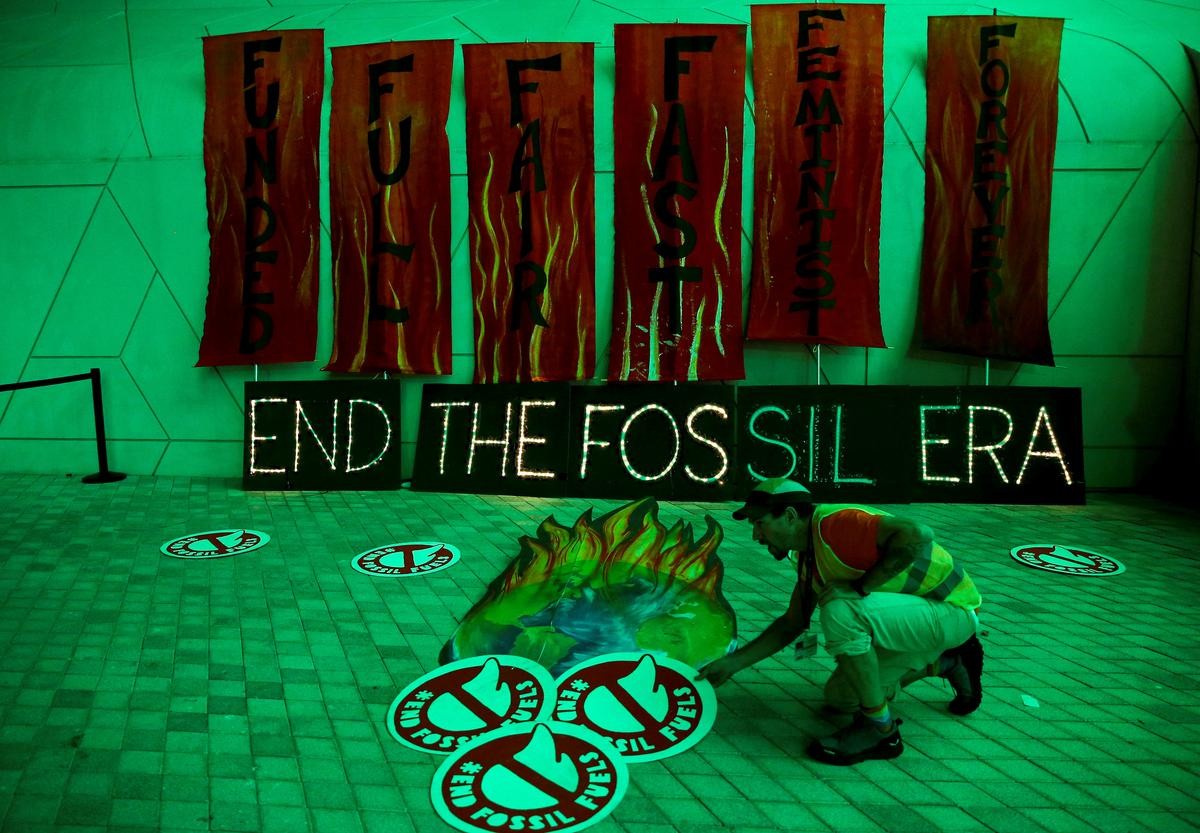SCCN Blogs
COP28 moves climate debate: from ‘just words’ to ‘just transition’
After being extended, hardly an unusual development for the global climate change negotiations nowadays, COP28 in Dubai did manage to deliver what was sorely needed, an agreement on transition away from fossil fuels, as it has been labelled in the agreement. However, the dire need is to implement this transition in a manner that is 'just, equitable and inclusive' for the developing countries and their citizens. That brings the seminal theme of climate justice to the centre of the global climate challenge.
In his speech at COP28, Indian Prime Minister Narendra Modi highlighted the minimal role of the global south in the root cause of the climate crisis, while bearing a disproportionate amount of adverse impacts of climate change. Citing the example of India, he said that while India's population was 17% of the global population, its carbon emission was less than 4% of global emissions. Inspiringly, India is at the forefront of implementing the national commitment to renewable energy and energy intensity.
The first-ever global stocktake was the rock basis for COP28. That stocktake was unequivocal in revealing that the developed countries did not achieve a reduction in emissions by 25–40 pc below 1990 levels by 2020. Another worrying finding was the global Greenhouse Gas emission levels in 2030 are now projected to be only 5.3 pc lower than in 2019, as against the required 43% reduction as per IPCC's 6th assessment report. Thus, the world is far from meeting the emission goals.
The third bit of bad news from the stocktake again reflected poorly on the rich nations as the developed countries have failed to meet their goal to mobilise USD 100 billion per year by 2020 and continue it till 2025, in the context of meaningful mitigation actions by developing countries.
The Climate Action that was finally agreed upon in COP28's 'UAE Consensus' based on global stocktake conclusions was very specific. First, the countries should strive to limit global warming to 1.5 °C by the end of this century and sustained reductions in global greenhouse gas emissions of 43 pc by 2030 and 60 pc by 2035 relative to the 2019 level. For a net-zero world, renewable energy needs to be tripled and energy efficiency needs to be doubled by 2030 if net zero is to be reached by 2050
Smart Campus Cloud Network has initiated from 1st Jan 2024 an ambitious target 'Transition away from fossil fuels' was a historic inclusion in the final UAE Consensuset for Net-Zero university campus i.e.: Tripling Renewable Energy and Doubling Energy Efficiency by 2030. Look for announcements of competition of universities for the same on www.sccnhub.com
Read the full article at: https://mediaindia.eu/environment/cop28-moves-climate-debate-from-just-words-to-just-transition/
Dr Rajendra Shende
Former Director UNEP, IIT BombayAlumni
Founder Director, Green TERRE Foundation
Prime Mover Smart Campus Cloud Network
Coordinating lead author of IPCC.
When you subscribe to the blog, we will send you an e-mail when there are new updates on the site so you wouldn't miss them.





Comments